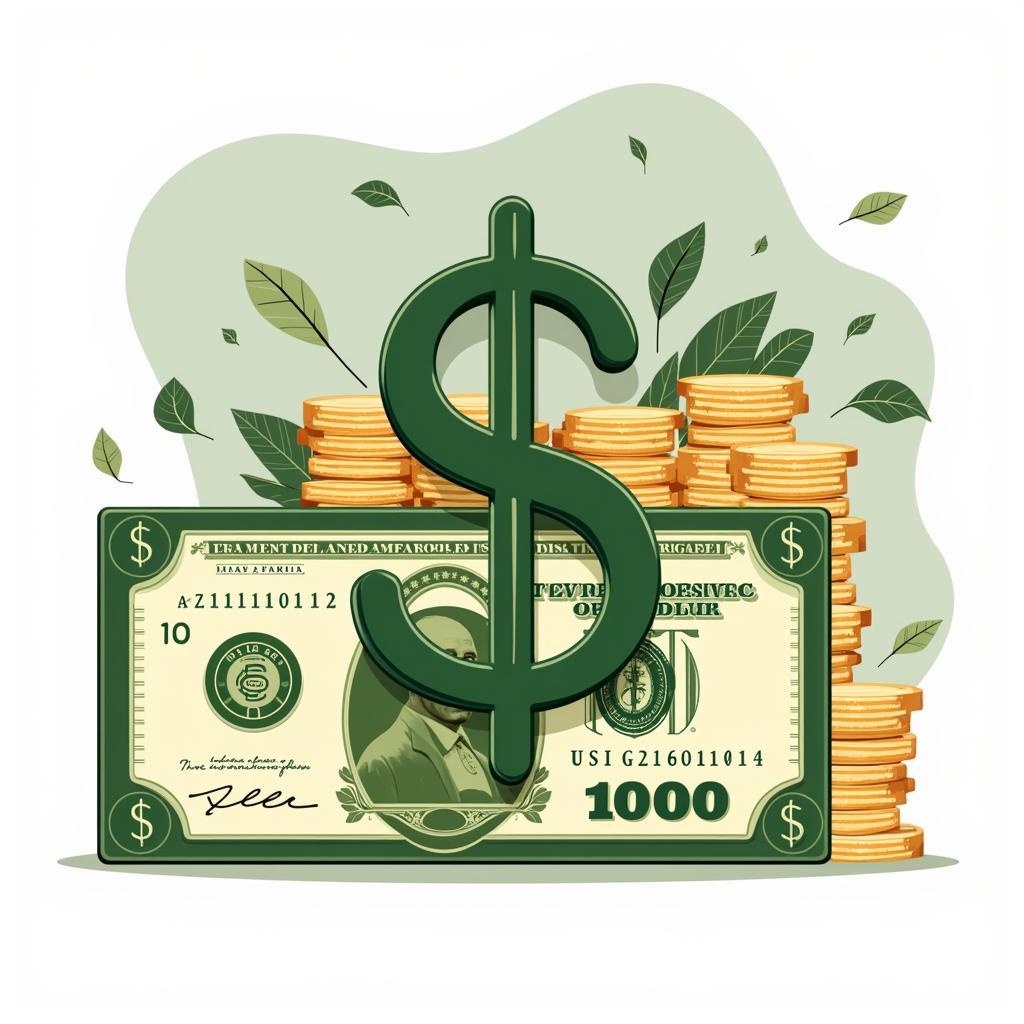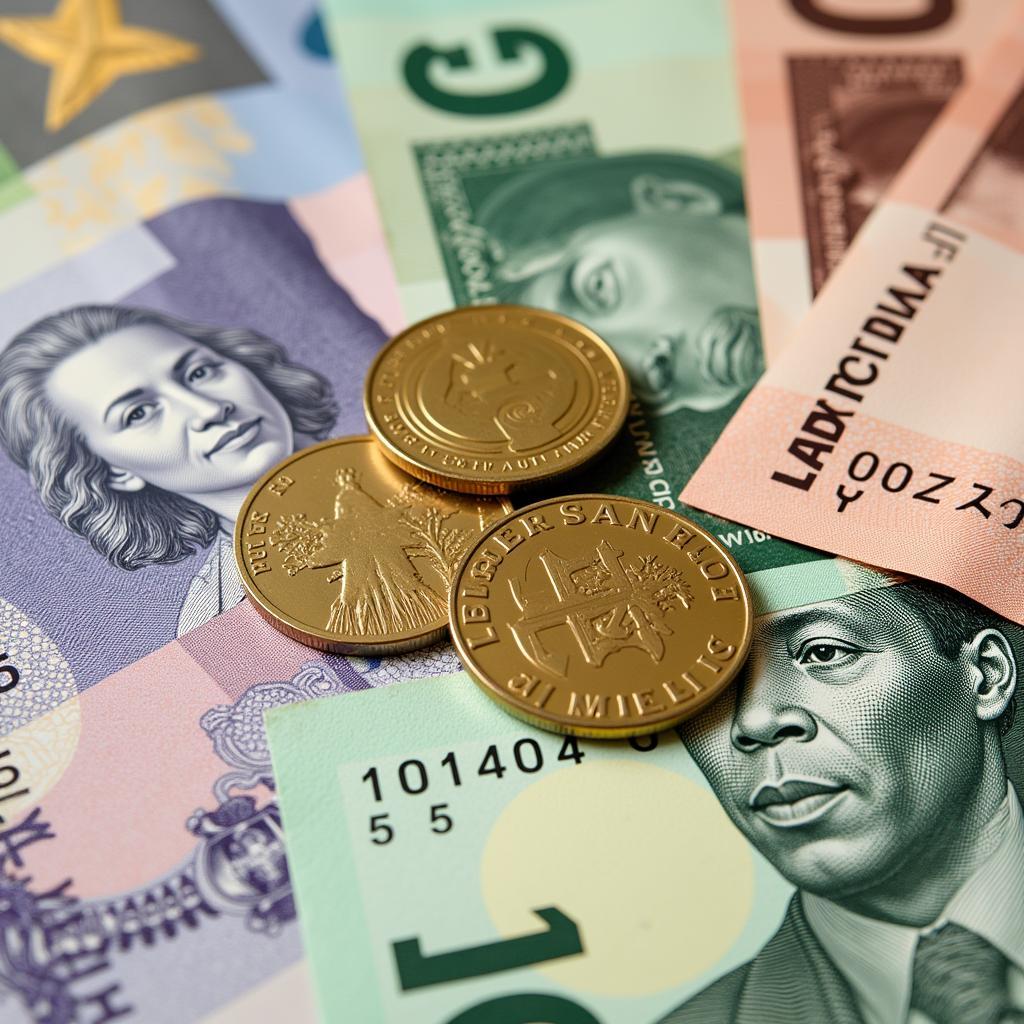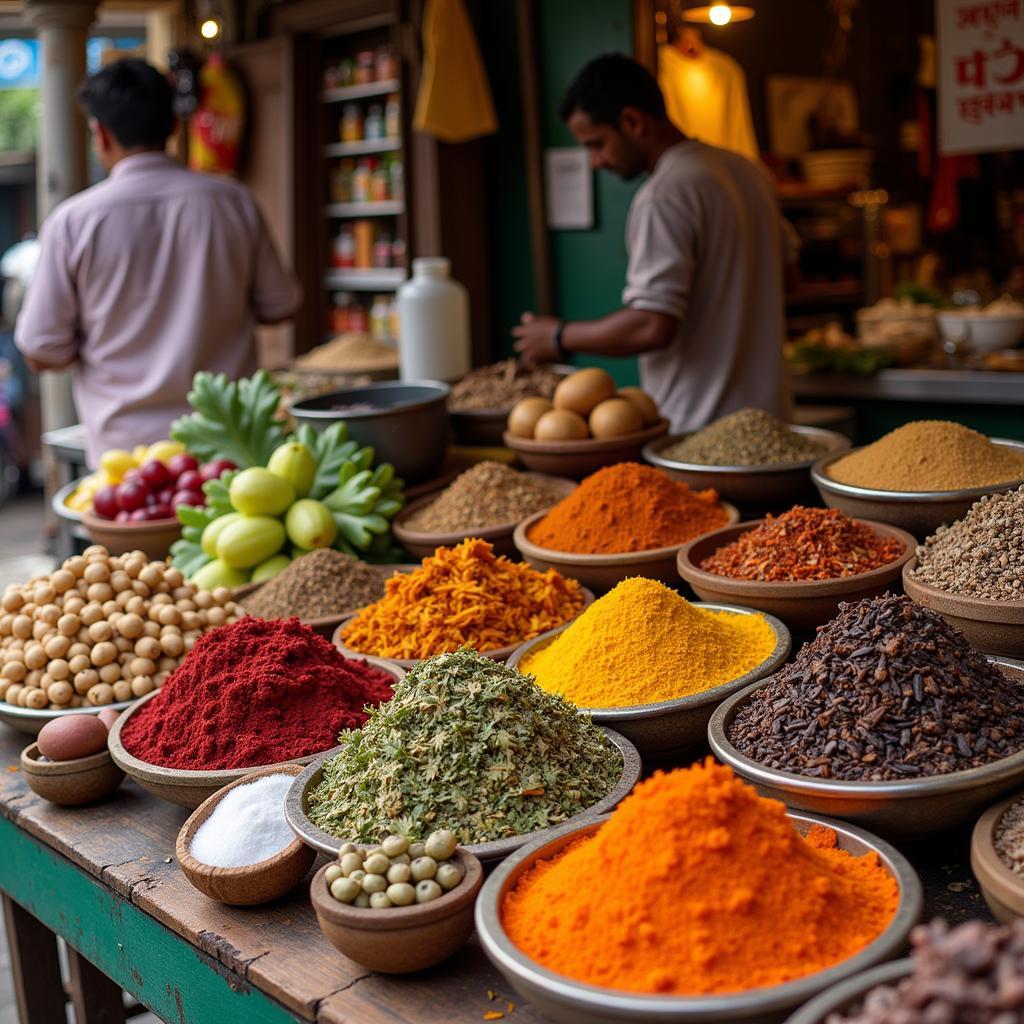African Countries with Dollar Currency
The African continent boasts a rich tapestry of cultures, languages, and currencies. While many associate the US dollar with North America, several African countries have adopted the dollar as their official currency or use currencies pegged to the US dollar. This begs the question: which African countries use the dollar, and why?
A Closer Look at Dollarized Economies in Africa
Several factors contribute to a country’s decision to adopt the US dollar as its official currency, a practice known as dollarization. These factors often include:
- Economic Instability: Countries experiencing hyperinflation or volatility in their national currencies may opt for dollarization to stabilize their economies and attract foreign investment.
- Limited Resources: Smaller nations may lack the resources to manage their own monetary policy effectively. Dollarization offers a solution by leveraging the stability of a stronger economy.
- Trade Facilitation: For countries with strong trade ties to the United States, using the dollar can simplify transactions and reduce exchange rate risks.
Let’s delve into specific African countries that have embraced the dollar:
Zimbabwe: A Case of Dollarization by Necessity
Zimbabwe stands as a compelling case study of dollarization driven by economic turmoil. Following a period of hyperinflation that devastated the Zimbabwean dollar, the country officially adopted the US dollar as legal tender in 2009.
 Zimbabwe Dollarization
Zimbabwe Dollarization
While dollarization helped curb inflation, it also presented challenges. Zimbabwe’s reliance on foreign currency made it vulnerable to fluctuations in the US dollar.
Liberia: A History of Dual Currency
Liberia offers a unique example of a dual-currency system. The country has used the US dollar alongside its own Liberian dollar since 1943. This system allows for flexibility but also creates complexities in managing exchange rates and financial stability.
 Liberian Currency
Liberian Currency
Beyond Official Dollarization: Pegged Currencies
Beyond countries with full dollarization, several African nations peg their currencies to the US dollar. This practice involves maintaining a fixed exchange rate between their currency and the US dollar. Pegged currencies provide stability and can facilitate international trade.
The Impact of Dollarization on African Economies
The decision to dollarize or peg a currency to the US dollar has far-reaching implications for African economies. While it can bring stability and attract foreign investment, it also carries risks:
- Loss of Monetary Control: Dollarized countries relinquish control over their monetary policy, making them dependent on the policies of the United States.
- Vulnerability to External Shocks: Economic downturns in the United States can directly impact dollarized economies.
- Limited Flexibility: Dollarization restricts a country’s ability to adjust its exchange rate to respond to economic shocks.
The Future of Dollarization in Africa
As African economies continue to evolve, the future of dollarization remains uncertain. Some countries may explore alternative strategies to manage their currencies and promote economic growth. Others may find continued benefits in aligning their monetary systems with the US dollar.
FAQs About African Countries with Dollar Currency
1. What are the benefits of dollarization for African countries?
Dollarization can help stabilize volatile economies, attract foreign investment, and simplify international trade.
2. What are the drawbacks of dollarization?
Dollarization can limit a country’s control over its monetary policy, increase vulnerability to external economic shocks, and reduce flexibility in responding to economic crises.
3. Are there any other currencies widely used in Africa besides the US dollar?
Yes, several regional currencies, such as the West African CFA franc and the Central African CFA franc, are commonly used in parts of Africa. These currencies are pegged to the euro.
4. Why do some African countries peg their currencies to the US dollar?
Pegging a currency to the US dollar offers stability, predictability, and can enhance investor confidence.
5. Is dollarization a permanent solution for economic challenges in Africa?
Dollarization is not a one-size-fits-all solution and may not be suitable for all African countries. The long-term economic impacts of dollarization can vary depending on a country’s specific circumstances.
Exploring Further: Currency Systems in Africa
For a deeper understanding of African currencies, explore these related topics:
- African countries currency to inr: Discover the exchange rates between African currencies and the Indian rupee.
- African dollar to rupee: Learn about the conversion rate between African currencies pegged to the US dollar and the Indian rupee.
- African currency exchange rate: Gain insights into the exchange rates of various African currencies.
Need Assistance? Contact Us!
Have questions about African countries with dollar currencies? Our team is here to help!
- Phone: +255768904061
- Email: kaka.mag@gmail.com
- Address: Mbarali DC Mawindi, Kangaga, Tanzania
We offer 24/7 customer support to address your queries.


